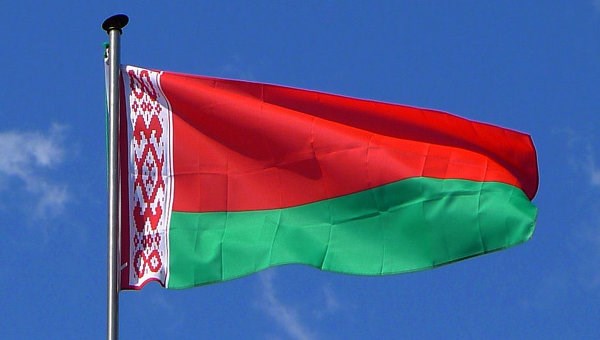Belarus fully renounces Russian loans
For the first time in the many years that the Union State of Russia and Belarus has existed, the Belarusian government will be adopting a financial policy that completely avoids new loans from Russia.
In its borrowing plan for 2020, the Belarusian Ministry of Finance has not budgeted for any new loans from Russia, according to the country’s “Primary areas of budget, financial and tax policy for 2020-2022”.
In 2019, Minsk expected $630 million from Moscow in the form of an intergovernmental loan, and a further $200 million as the latest tranche from the Eurasian Fund for Stabilization and Development (EFSD). However, Belarus had not received either of the assistance packages by the start of November.
Russian Finance Minister Anton Siluanov said at the end of October that Russia’s willingness to lend to Belarus depends on the progress that is made in the integration of the two countries.
He stressed that Russia could even decide not to allocate funds. Although after half a year of negotiations the two countries have finally signed a roadmap, Belarus has outright refused Russia’s key condition – the transition to a single currency.
Valentina Matvienko, head of Russia’s Federation Council, said in July that the Union State “should at some stage or other have a single currency”. She made the statement while in Minsk for talks with Belarusian President Alexander Lukashenko, two weeks after Lukashenko had traveled to Valaam for talks with Vladimir Putin.
However, the former Soviet farm director and Communist Party member since 1979 was unable to persuade Lukashenko. The agreement on a unified financial market in the Eurasian Economic Union and the harmonization of monetary and credit policy with Russia does not envisage a transition to Russia’s national currency, reiterated Pavel Kallaur, head of Belarus’s National Bank, on November 1.
The fact that, unlike previous years, Belarus’s borrowing plan for 2020 does not include new financing from Russia could be surprising, since Moscow has always been Belarus’s primary creditor, observes Sberbank CIB analyst Alexander Golynsky.
“Even despite the reduction of financial support in recent years, both parties tried to keep Belarus’s net payments to Russia at zero,” he noted. New loans were issued in order to refinance old ones. Now, however, Minsk will be forced to repay its debt to Moscow.
In 2020, Belarus needs to repay $2.6 billion on foreign loans and another $1.2 billion of interest.
The country plans to finance two thirds of this amount, $1.95 billion, through new loans: $1 billion through a placement of eurobonds and another $350 million through sovereign bonds in Russian rubles.
The government intends to buy an additional $600 million on the internal currency market, and to repay the rest using budget reserves.
“The chances of Russia providing financing to Belarus this year or next year remain dim,” said Golinsky.
Chinese money will be used to replace the Russian funds. Before the end of the year, Belarus is expecting to sign a loan agreement for 3.5 billion Chinese yuans ($500 million), said Belarusian Finance Minister Maxim Yermolovich on Friday at the October Economic Forum in Minsk.
He said that Minsk his hoping to conclude the procedure to acquire these funds and sign the credit agreement by the end of the year.
